- 5Shares
- 1. Chamomile Tea, A Mild & Soothing Drink
- 2. Lemon Balm Tea For A Calm Mind
- 3. Peppermint Tea For Indigestion, Stress & Pain
- 4. Ashwangandha: Excellent For Pacifying Vata
- 5. Honey And Milk Is A Classic Sleep Tea.
- 6. Tulsi Tea, A Satvik Tea For Wellness
- 7. Lavender Tea, A Fragrant & Powerful Sleep Tea
- 8. Passion Flower Tea, An Excellent Herbal Tea For Sleep
You may enjoy the best comforts in life – but if you are not able to get a good sleep, it’s unlikely that you can live a happy and wholesome life. Because proper sleep is crucial for the well-being of the body as well as mind. It is during sleep that the body heals, repairs, and refreshes itself. When we sleep well, we are better equipped physically, mentally, and emotionally to face life’s challenges. But what if we can’t? A night time tea is what you might just need.
Night Time Tea: Herbal Tonics For Sound Sleep & Sweet Dreams
1. Chamomile Tea, A Mild & Soothing Drink
This is a popular and widely trusted herbal tea for sleep. Chamomile‘s calming and soothing abilities help our body and mind to get into a relaxed mode and set the right mood to drift off to la la land. It also has mild pain relieving and muscle relaxing properties.
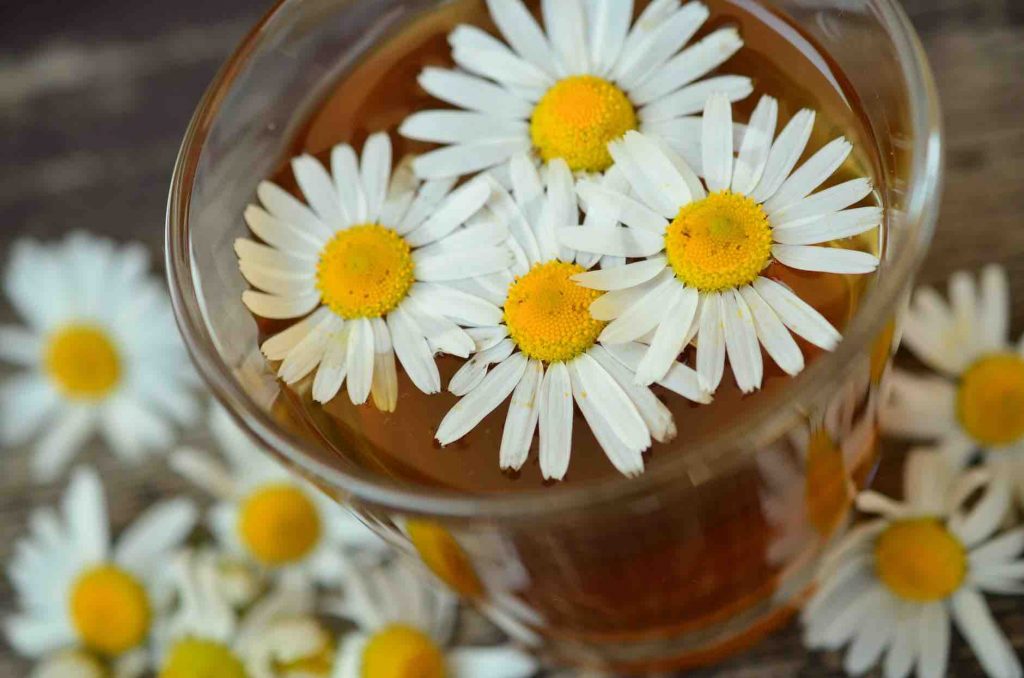
2. Lemon Balm Tea For A Calm Mind
Lemon balm tea is another night time tea that can help you sleep better. It is known to have anti-anxiety and sedative properties that will slowly ease off your tired mind. Relax after a hard day’s work with a lemon balm tea, and you’ll yawn your way to bed.
3. Peppermint Tea For Indigestion, Stress & Pain
Besides stress, indigestion too could be disturbing your sleep time. And often, body pains can prevent us from relaxing. But worry not, peppermint tackles them all. Peppermint sleep tea helps calm anxious and depressing thoughts, and can also soothe the digestive tract. It also relaxes the muscles and relieves pain. It’s a fantastic herbal tea for sleep.
4. Ashwangandha: Excellent For Pacifying Vata
Another of Ayurveda’s versatile herbs, it is the root of ashwagandha that is used to make a kind of tonic with milk and sweetened with molasses or jaggery. Ashwagandha has powerful Vata-pacifying properties. Vata is the dosha generally responsible for insomnia and anxiety.
5. Honey And Milk Is A Classic Sleep Tea.
Though not technically a tea, this drink deserves a mention. Honey is loaded with the goodness of nature. Try preparing a honey tonic with warm milk. This delicious and boosts levels of serotonin, melatonin and magnesium – all of which are crucial for a healthy nervous system and peaceful sleep.
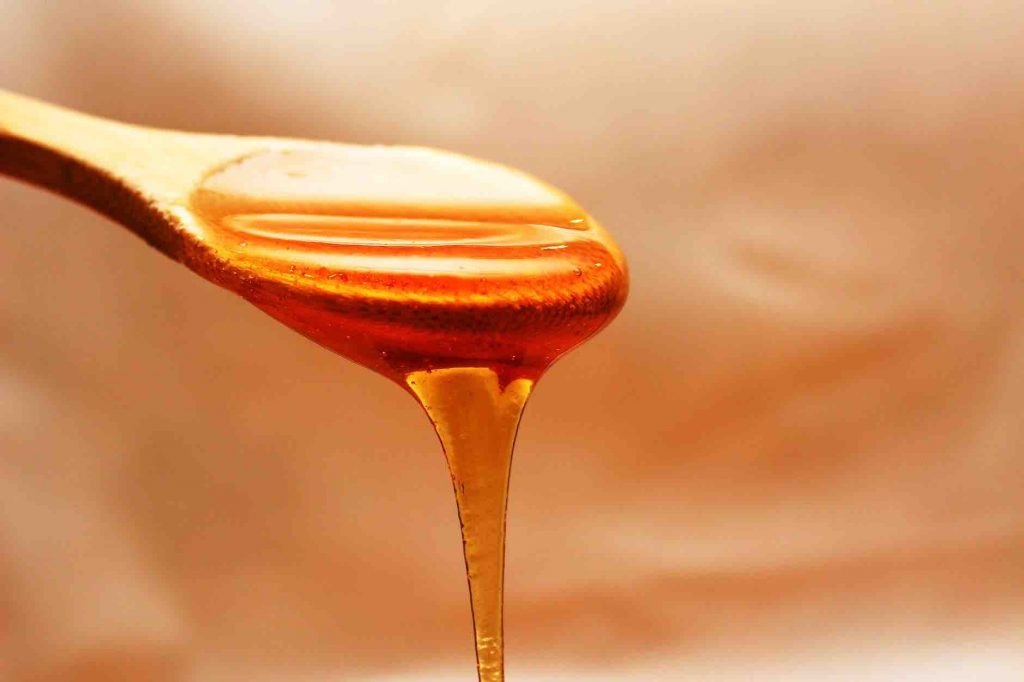
6. Tulsi Tea, A Satvik Tea For Wellness
India’s sacred plant known as tulsi or holy basil makes for an excellent sleep tea. It has so many medicinal properties that it can tackle most of your common sleep-affecting ailments like headaches, restlessness, indigestion, and anxiety naturally.
7. Lavender Tea, A Fragrant & Powerful Sleep Tea
The lovely purple flowers, the heavenly fragrance…no wonder lavender is one of the most popular herbs for wellness. Lavender has been used for ages to treat excess mental stress, muscle tightness, and mild depression. Sip on some warm lavender sleep time tea to make sure you sleep as soon as you touch the pillow.
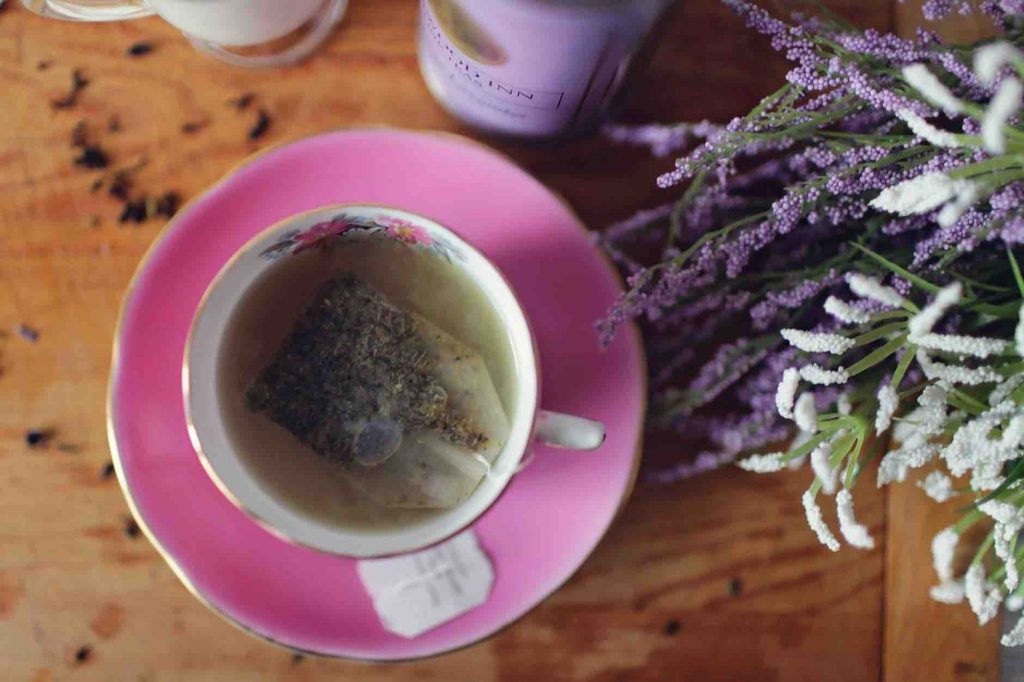
8. Passion Flower Tea, An Excellent Herbal Tea For Sleep
Passionflower tea is another sleep time tea giving wonderful results. Especially for those suffering from insomnia, a herbal tea made with the dried flowers, leaves and stem gives instant and sure-shot relief. Not only will you sleep in minutes, but will also have undisturbed sleep.
Grab a couple of these safe aids, and you are sure to find one tea that helps you sleep faster. No tossing or turning and until the Sun shines through. Good Night!
Note: Posts on Ayurvedum are solely for the purpose of sharing the goodness of Ayurveda and bringing awareness about natural and healthy living. Please do not substitute it for professional medical advice. Ingredients discussed can interfere with certain medications. So, before using anything to treat yourself, always consult an Ayurveda doctor or practitioner.

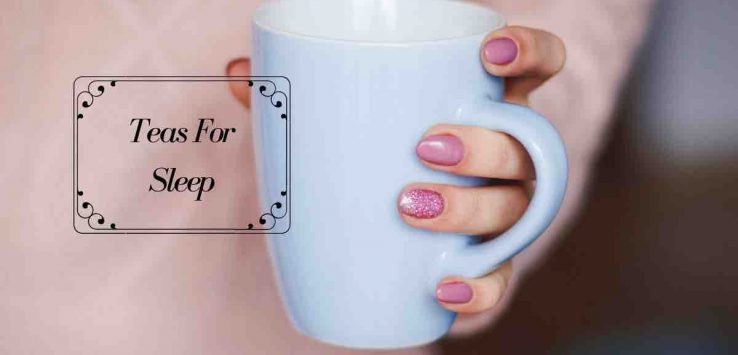
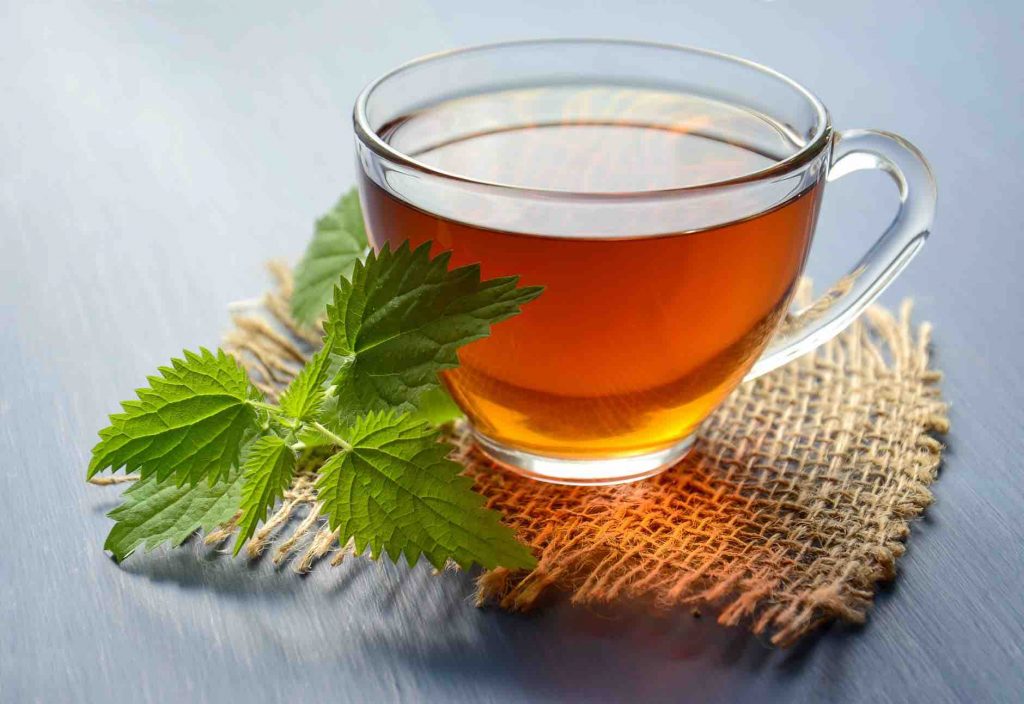
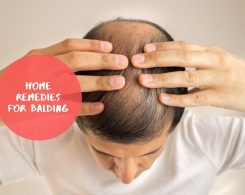



Leave a Reply